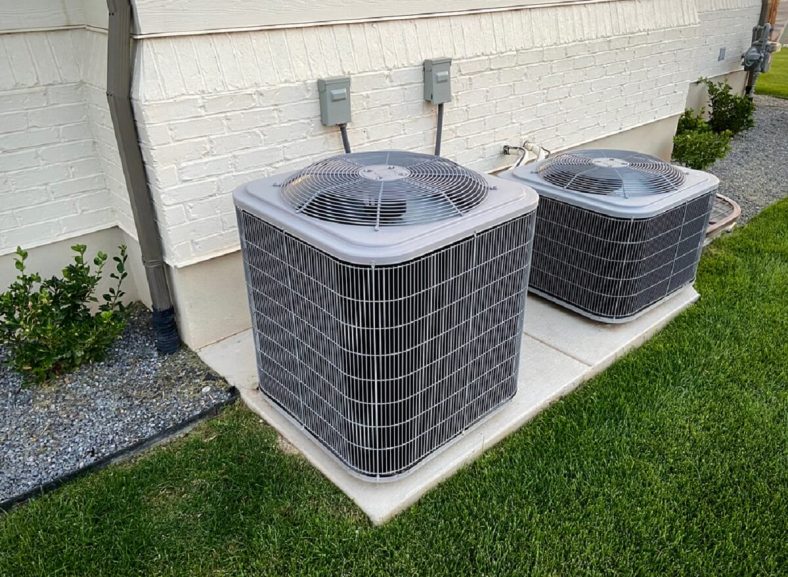The weather is starting to cool down, and that means it’s time to start thinking about your HVAC system. Just like your car needs a tune-up every once in a while, your HVAC system needs regular maintenance to keep it running at its best. While you book proper inspections with the local experts, what are some things you can do between appointments to keep the HVAC system running efficiently?
Change Filters
For many years, it was believed that changing your furnace or A/C filters every month was the best way to keep your system running smoothly. However, newer studies have shown that changing your filters every three months is actually more effective. This is because the newer, more efficient filters can trap more dirt and debris than the older ones. So, if you want to keep your system running efficiently, make sure to change your filters every three months.
If you’ve not done this before, changing your HVAC filter is a pretty easy process. Just locate your filter, remove it, and insert the new one. Make sure that the new filter is facing the correct direction before you put it back in – normally, you’ll find instructions in the manual for your system. If not, ask your HVAC professional when they next come for an inspection.
Remove All Clutter Around Indoor Units
Although it might seem trivial, making sure that there’s nothing around your indoor units can also help improve the efficiency of your HVAC system. If there are any clothes, papers, or other objects blocking the unit, it has to work harder to circulate air properly. With this in mind, take a few minutes every week to clear away any clutter that might be surrounding your indoor units.
Check and Clean Vents Regularly
Your vents play a crucial role in the efficiency of your HVAC system, so it’s important to make sure that they’re always clear. Over time, vents can become clogged with dust and debris, which can restrict airflow and cause your system to work harder than it needs to. Of course, this means that it becomes more expensive to run. To keep your vents clean, simply remove them and vacuum out any debris that has accumulated. You should also check the vents for any signs of damage, as this can also affect how well they work.
Perform a Visual Inspection
Next, you should take a look at your HVAC system to see if there are any visible signs of damage or wear and tear. In particular, you should check the condenser coils, evaporator coils, air filters, and blower. In an ideal world, these will all be clean and free of any debris.
If you notice any of these components are dirty or damaged, it’s important to clean or replace them as soon as possible. Not only will this help your HVAC system run more efficiently, but it will also help to improve the quality of the air in your home.
Additionally, you can check all connections and ensure that there aren’t any cracks or any other damage across the visible parts of the system.
Bonus Tips
Elsewhere, remember to change the batteries if the system isn’t connected to your home’s electrical system as well as maintain your carbon monoxide alarm. If you have a central vacuum system, regularly clean the canister and filter. This will help to remove any dirt or debris that could potentially clog the system.
Finally, if you have an outdoor unit, make sure that it is free of any obstructions like leaves or dirt. Once again, this just ensures that the unit can function properly and doesn’t overwork itself.
